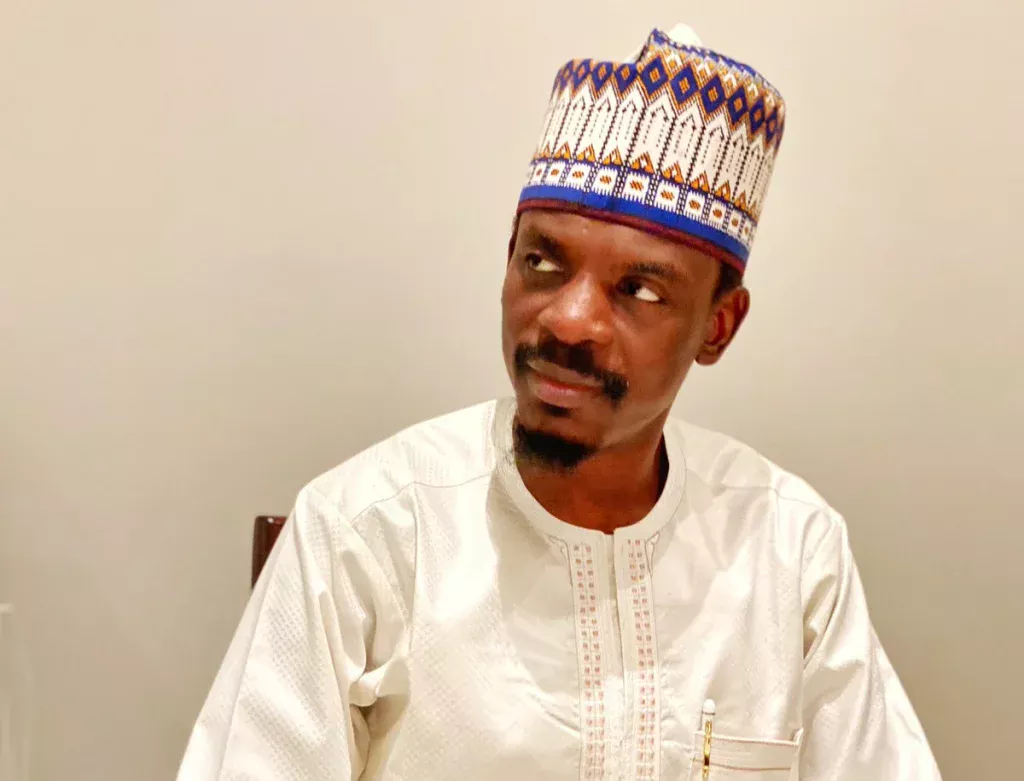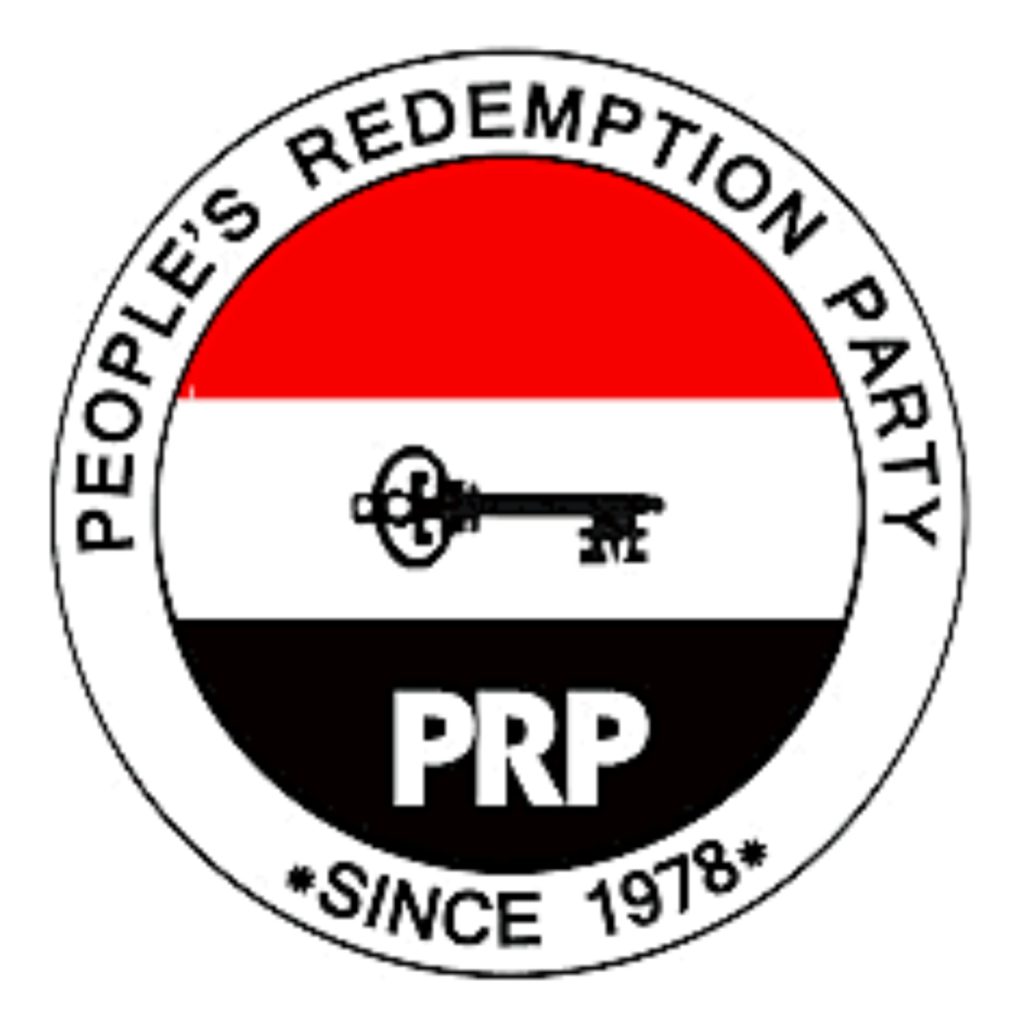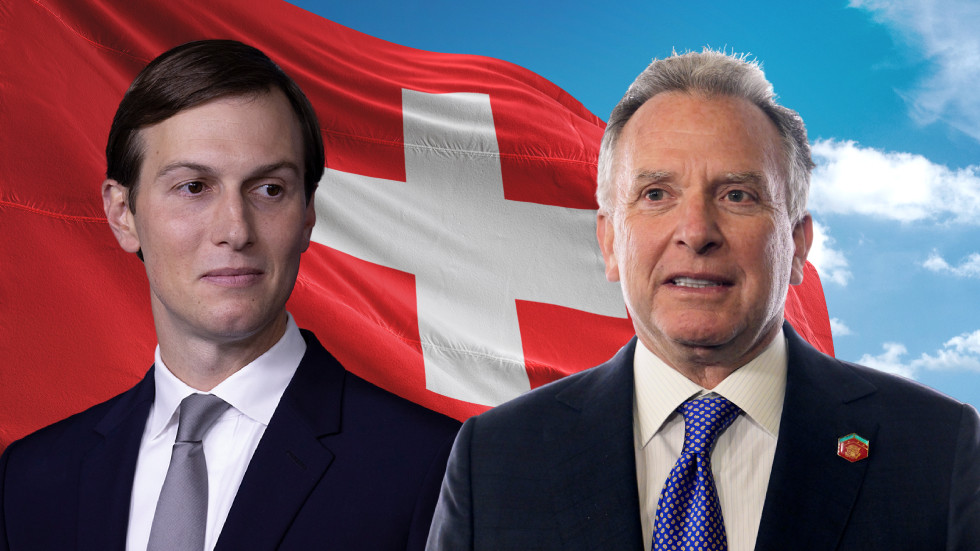The Grande Barrière border point between Goma in the Democratic Republic of Congo and Rubavu in Rwanda is witnessing relentless movement, with a constant flow of people, goods, and services. The border, recently taken over by the AFC/M23 administration, has extended its operating hours from 6 a.m. to midnight, a move expected to benefit small cross-border traders essential to the local economy of both countries.
The previous operating hours, from 6 a.m. to 3 p.m., were in place when the border was under Kinshasa’s authority. However, the new administration has chosen to facilitate the migratory influx, citing the principle of good neighborliness. According to AFC/M23 mayor of Goma, Julien Katembo, “We cannot stop the movement of more than two million people here in Goma, because of the principle of good neighborliness that guides the behavior of states.”
Local civil society has welcomed the extended hours, expecting economic benefits for both the Congolese and Rwandan people. However, they also anticipate that Kinshasa will intensify its allegations against Kigali, which has been accused of supporting the M23 rebels. The DRC has long accused Rwanda of backing the rebels, a claim that Kigali continues to deny.
The extended border hours come as the city of Goma continues to adapt to the new reality since the rebels took control in January. Goma International Airport remains closed, forcing many travelers to transit through Rwanda. This has reinforced the importance of the Grande Barrière border, already one of the busiest in the world.
The extension of border hours is seen as a positive step for small traders like Kévin Amani, who described the move as “good news.” The increased operating hours are expected to reduce pressure on traders and travelers, allowing for smoother movement of goods and services. As the situation continues to evolve, the international community is watching closely, with many anticipating further developments in the region.



